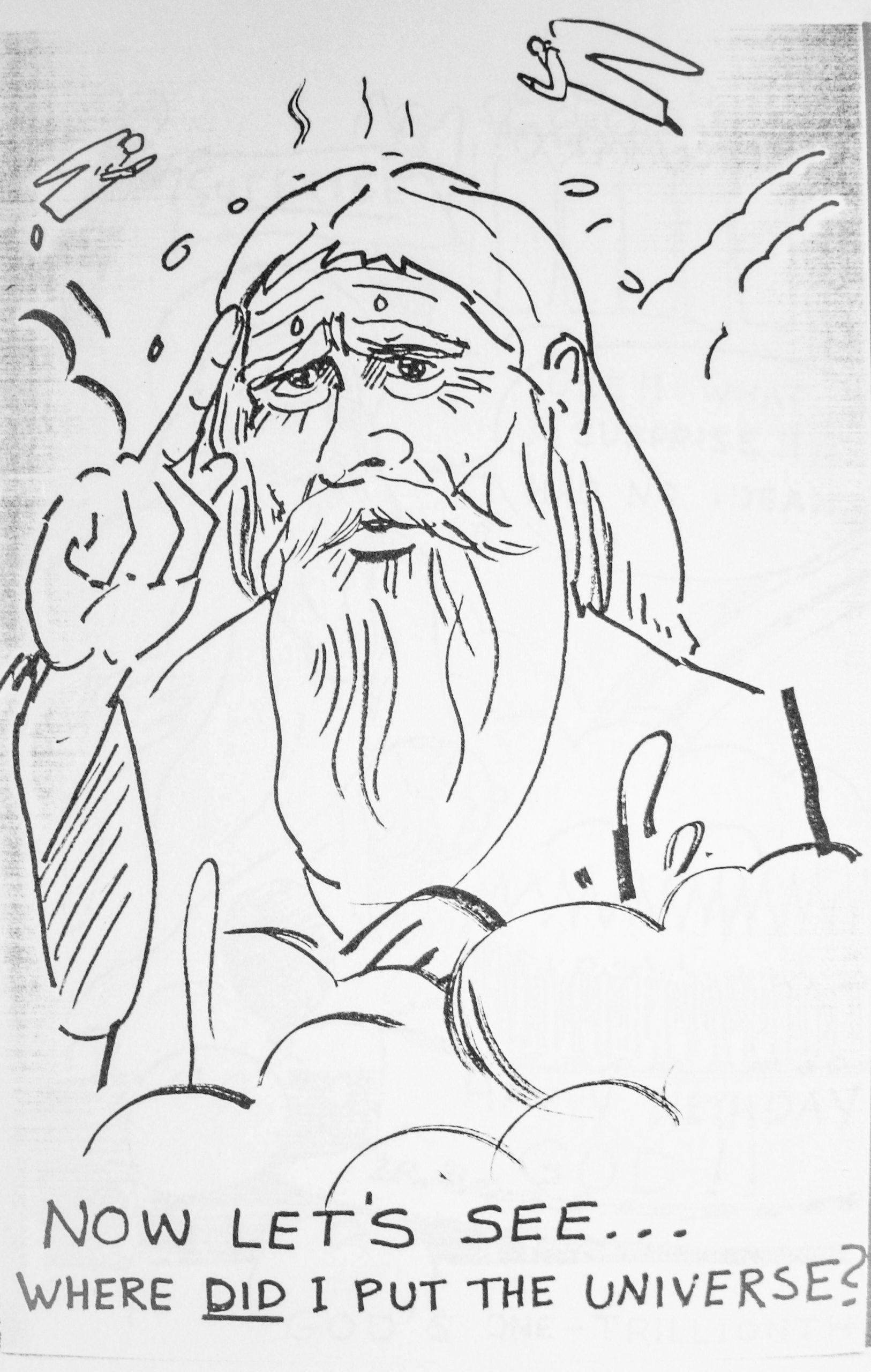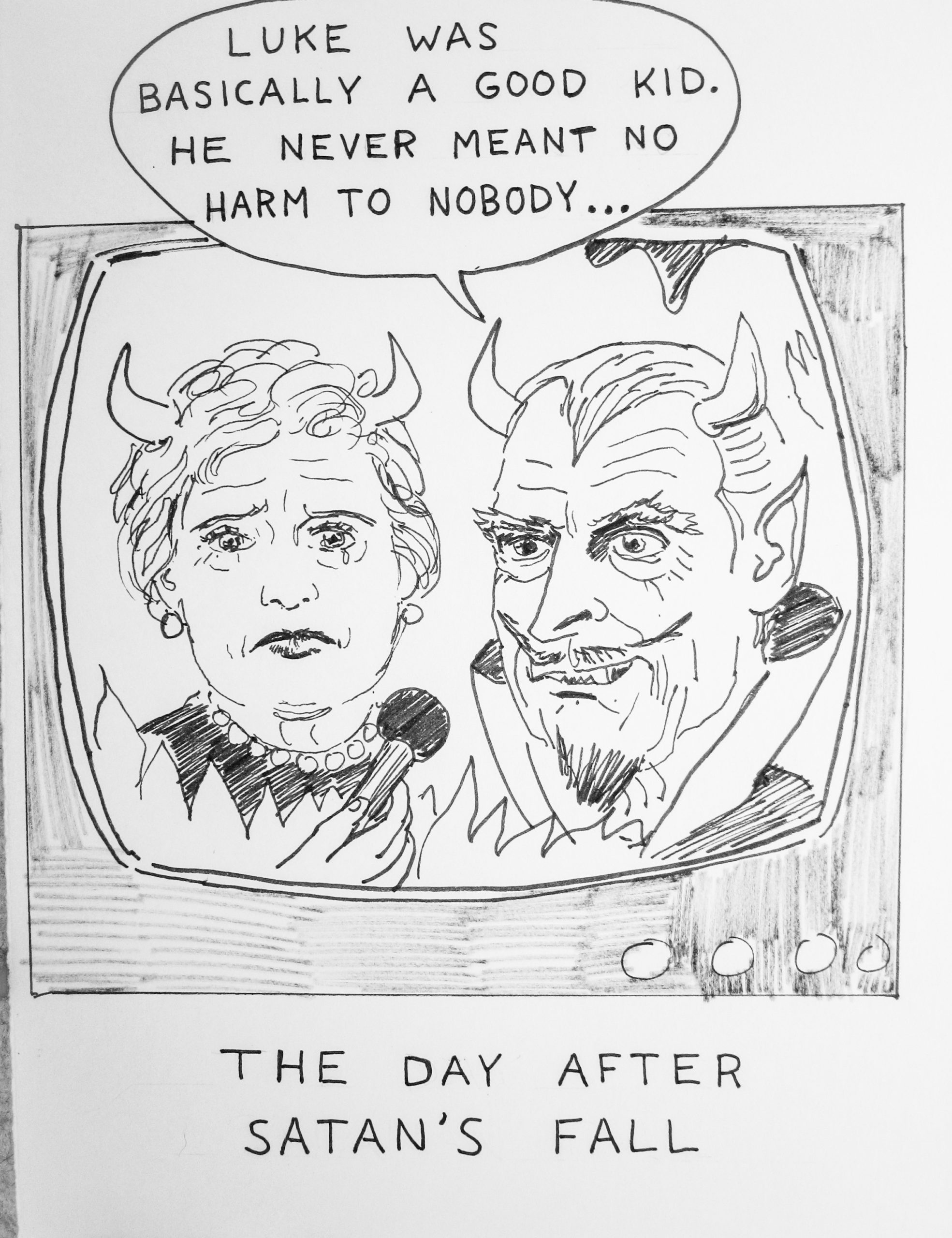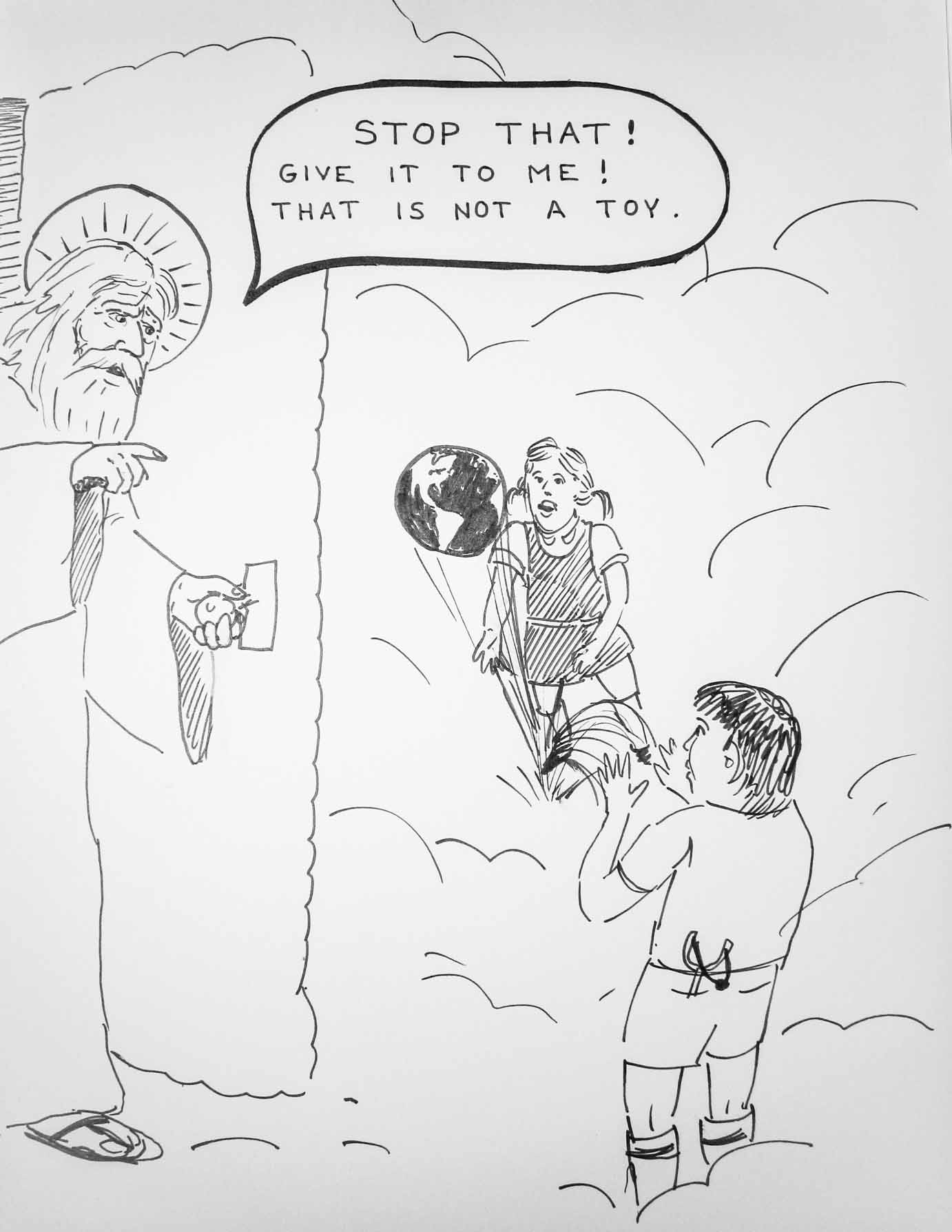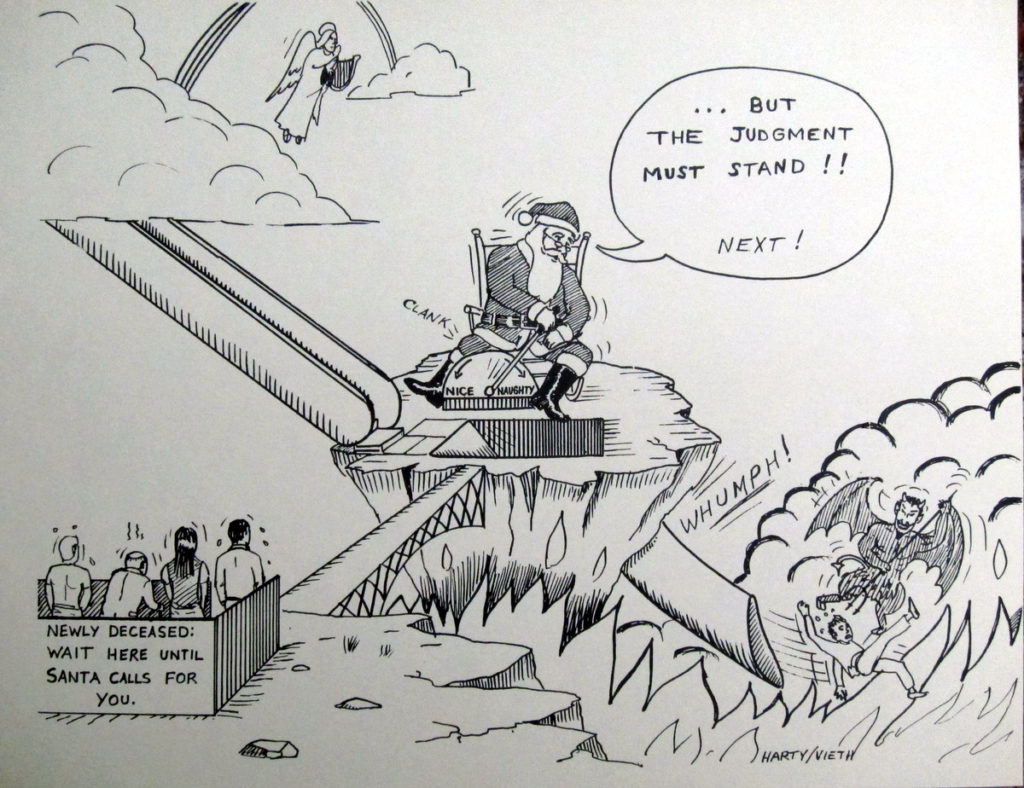Darrin Patrick’s Final Sermon: Life is Precious and Fleeting
A friend of mine, Darrin Patrick, was a pastor of a St. Louis Church called "The Journey." He died suddenly two days ago. The Post-Dispatch reports this: [N]o official cause of death has been released. The gunshot wound appeared to be self-inflicted; foul play is not suspected." I don't know anything further than this cryptic account.
I hadn't seen Darrin for several years, but I could have tried harder to connect with him again. That's one of the crazy things that life does, right? You don't make enough effort and then, suddenly, it's too late. This is not the first time this has happened to me.  Perhaps this was Darrin's last sermon: life is truly precious and fleeting and you need to seize the day and make real efforts to maintain your connections to your people. He would likely add that it is critically important to be creative in those connections, because it was a significant part of his mission to support artists and writers.
Perhaps this was Darrin's last sermon: life is truly precious and fleeting and you need to seize the day and make real efforts to maintain your connections to your people. He would likely add that it is critically important to be creative in those connections, because it was a significant part of his mission to support artists and writers.
When we last visited, Darrin spoke highly of his wife Amie and their kids, but I hadn't met them. Yesterday, Amie posted a sad sweet announcement on his FB page, and I just posted a short comment, which I will paste below. Mine was the 918th comment to her announcement. For another glimpse at what an unusual and innovative person Darrin was, check out this post at Dangerous Intersection. In fact, I'm going to spoil it: I would bet you don't know of any other pastor who invited an atheist to discuss skepticism in front of hundreds of parishioners as part of a church service.
Amie, you and I have never met, but I am one of the many people touched by Darrin. By no means am I the sort of person that would be expected to fit into Darrin's flock, but I suspect that Darrin was surrounded by such people. He challenged me and I challenged him back and that's how he wanted it. That's because he was a real person, filled with intelligence, good-heartedness and energy but also nuance. I'm so sorry for your loss. Please know that I will miss him too. He changed me for the better and that's the bottom line.





 Here is a gallery of our other cartoons on the topic of God:
Here is a gallery of our other cartoons on the topic of God:
